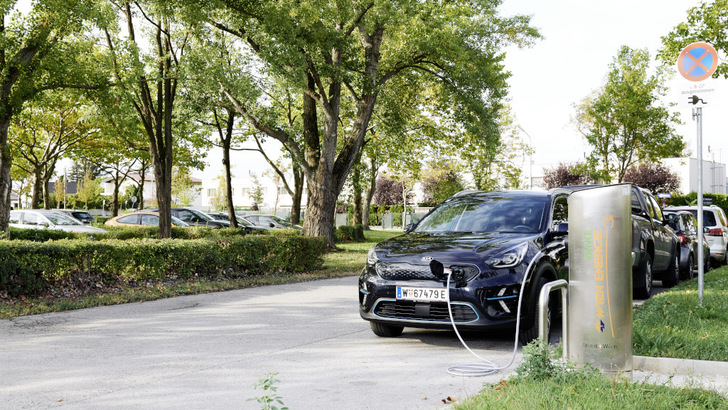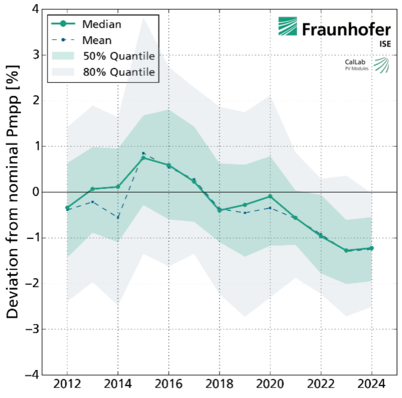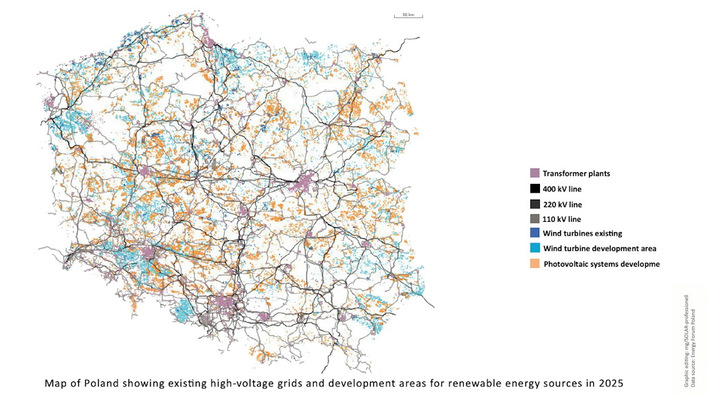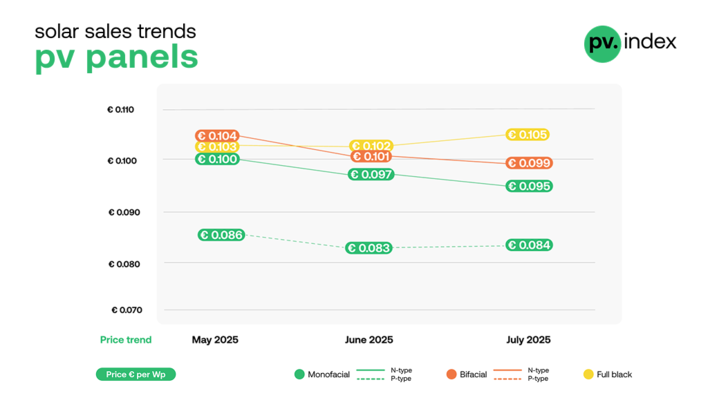While owners of electric vehicles in the countryside ideally use their own charging stations to recharge their batteries with self-generated solar power, city dwellers are mostly dependent on the public charging infrastructure.
Four criteria were used as a basis
For their survey, Uswitch analysed a number of European cities based on various criteria. In addition to the average distance between the individual charging stations and the price, they also took into account the percentage of no-cost charge points and the average charging capacity of all stations in the respective city. After the evaluation, it became clear: Reykjavik has the best charging network for electric vehicles in all of Europe based on these criteria - followed by Glasgow and, just behind it, Lisbon.
Inexpensive EV charging in Lisbon
The Portuguese capital is by far the cheapest place for electric car drivers to recharge. On average, a kilowatt hour of charging electricity costs an astonishing 17 cents. But at 26 cents per kilowatt hour, owners of electric cars in Prague, Helsinki and Stockholm do not have to dig too deep into their pockets either, and at 28 cents per kilowatt hour, charging electricity is still pretty cheap in Vienna, too.
Free charging in Reykjavik and Glasgow
The Icelandic capital scores particularly well with its very dense charging network. On average, the public charging stations are only 550 metres apart. The charging network in Amsterdam is just as dense. Only in The Hague do electric car drivers have to cover shorter distances to the next charging station. There, the average distance is only 480 metres. However, Dutch electric car drivers almost always have to pay, while in Reykjavik, 65 per cent of the charging stations are free of charge. Only Glasgow can beat that, coming in second place.
See also: Germany secures top spot in electric mobility
However, at 1.1 kilometres, the distance to the next charging station in the Scottish city is twice as long as in Reykjavik. On the other hand, cities such as Dublin, Prague, Cologne, Gothenburg, Leeds, Birmingham, Vienna and Paris are even worse. The most spotty charging infrastructure is in Copenhagen and Liverpool. While the charging points in the Danish capital are on average 2.24 kilometres apart, electric car drivers in Liverpool have to travel a massive 2.39 kilometres to reach the next charging point.
Liverpool charges fastest
This, combined with a low average charging capacity of only 14 kilowatts, puts the English city on the Irish Sea in last place. In Copenhagen, electric car drivers can at least fill up quickly once they have made the long journey to the next charging station. The average charging capacity there is 65 kilowatts, higher than anywhere else in the major European cities surveyed. Only Paris can keep up with a similarly high proportion of fast-charging stations. There, the average charging capacity is 54 kilowatts. (su/mfo)
Also interesting: Charging your EV without a wallbox








